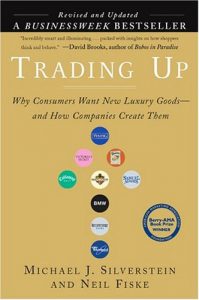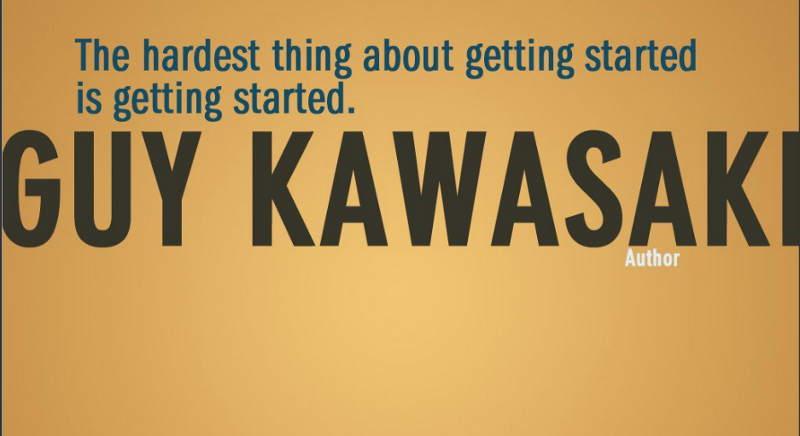From whatever little experience I have with my own startup and working with a few others, I can say that the most important, and difficult task in any startup is to maintain focus and avoiding distractions. Nothing kills startups like distractions. Distractions may be a side project you start doing for some extra cash, or a new idea which suddenly pops in your mind and you want to have a shot at it.
Do One Thing
If a startup can do one thing, and do it as good as nobody else can do it, your job is half done. Doing more than one thing is fine in big companies because firstly, they have the resources to spend, and secondly, they can afford a little distraction. But a startup can’t. So do one thing at a time, and do it fantabulously well.
Innovate
Startups are often credited with innovation, but it is very critical to innovate in the main focus area of your business. If you are working on creating a product, and somebody comes up with a great innovative idea to market it, you have to say NO to it (for now) and continue focussing and innovating in your most important task, which is developing the product. Because once you have your hands and head in two different areas, you might end up with two half-baked implementations instead of one great one.
About Marketing and Sales
Marketing and sales are no doubt important. But while creating the product, you have to make sure you build a great product first. If you have only limited resources, it is better to have a great product first and a sales team second, than to have a sales team ready to sell a half-baked product. Many people talk about social media marketing on websites like facebook and twitter. My advice to them is that people are already talking in social media. Give them a reason to talk about your product by making the product exceptional. Nothing else is required.
The crux of the matter is that time is your most important asset in a startup. And since you will always be busy and occupied with the startup, when you agree to do things which are a little different from your focus area, you are sowing the seeds for trouble. Maybe in the short term the new idea looks promising, but in the long term your main focus area will end up suffering.
This is what Twitter co-founder Ev Williams has to say –
“After my first company died, I did an inventory of the projects I had worked on in the last year. There were something like 30 projects that I had started on and not finished. My total weakness was focusing on things.”
Now, the distractions I am talking about does not include the time off you take as a break to recharge your batteries. So if take time out to practice guitar in the evening, or watch a movie, or read a book, by all means do that. Leisure time is very much important so that you give your best in your work time.






